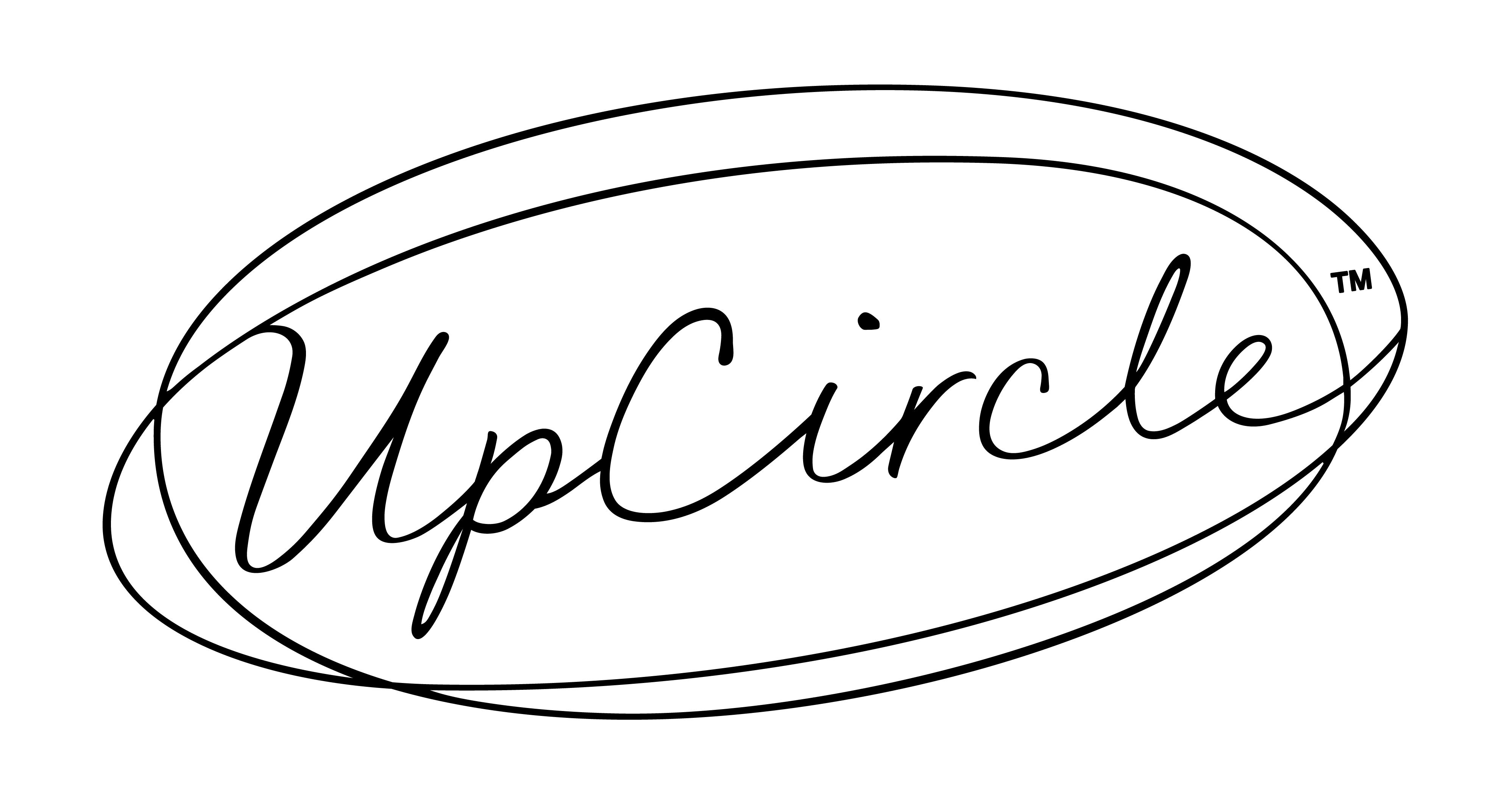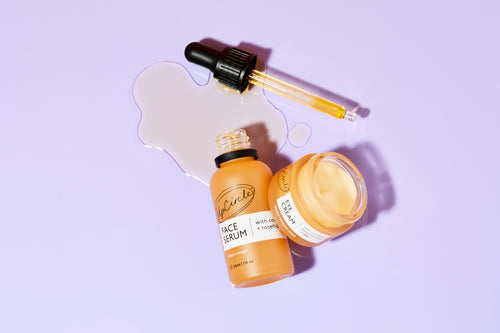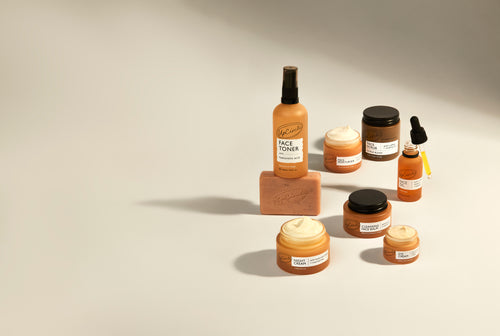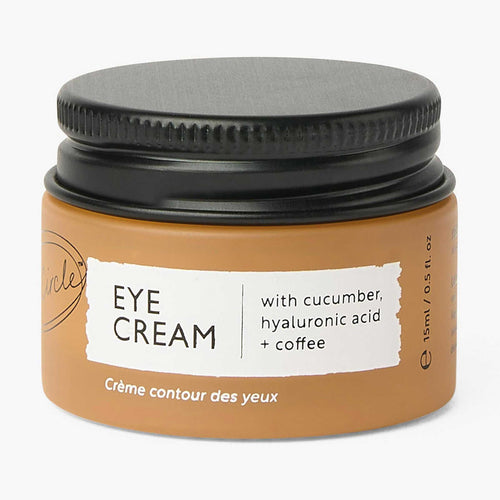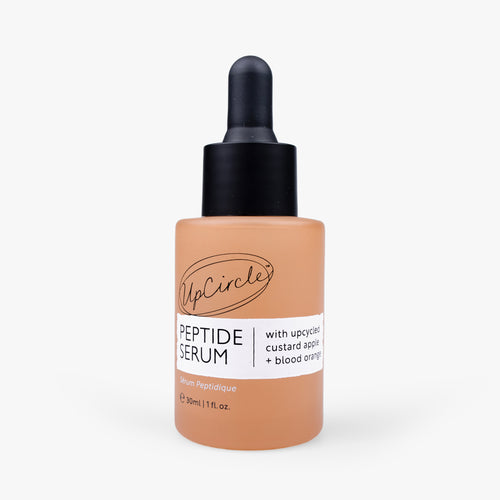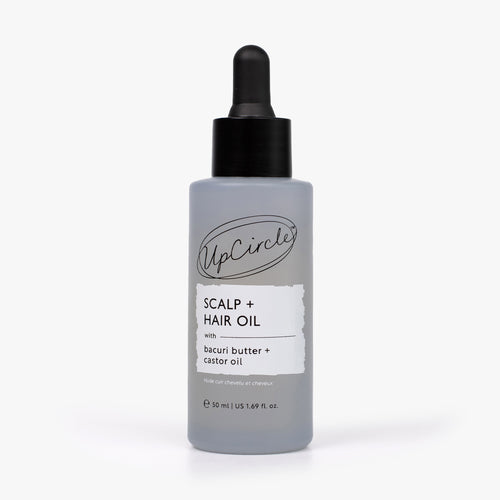The government has recently lifted the ban on a bee-killing neonicotinoid as an emergency measure to stop virus-spreading aphids. That’s why we’re at Downing Street today to hand-deliver an open letter supported by over 50 businesses and organisations, calling on the government to ban ALL future use of neonicotinoids in the UK and ask for their support on the use of NON-TOXIC alternatives to help farmers and protect pollinators from irreversible damage.
Why is this important?
- Many of the plants we need for food relies on pollination, mostly by bees!
- In the last ten years, the UK bee population is thought to have reduced by a third.
- One single exposure to neonicotinoids can damage the ability of bees to forage and future bee generations to reproduce.
Let us help you to visualise the problem:
‘One teaspoon of the neonicotinoid is enough to deliver a lethal dose to 1.25 billion honeybees. That’s about 125 tonnes of honey bees, enough to fill 4 long wheel base trucks of dead bees. Just before the ban we were applying 110 tonnes of neonics to the British landscape every year.’ Professor Dave Goulson
Not good. But, together as businesses and organisations we have a great opportunity to effect meaningful change. We as a collective force can significantly raise awareness to many who may not know about this - which ideally leads to greater public scrutiny of Government policy for future relaxing or removals of policies.
The businesses that we've joined include the likes of Yeo Valley, the British Beauty Council and Greenpeace. Together we have a combined audience of about 10 million people!
In the letter to the Prime Minister, we and the other signatories ask for there to be no more derogations for pesticides following the decision by Secretary of State for Environment, Food and Rural Affairs, George Eustice, to lift the ban on Cruiser SB (thiamethoxam) to control virus-spreading aphids in the case of the sugar beet crop as a temporary emergency measure.
The letter explains that the UK ban on neonicotinoids was instated after an EU ban in 2013 based on a “weight of scientific evidence” showing the destructive impact they have on bees and other pollinators, as well as rivers and the environment”. It goes on to say that lifting the ban “goes directly against guidance from government experts advisors” and that granting their use “works directly against the Government’s own legal requirement to halt species loss by 2030, as set out in the Environment Act in 2021”.
Greenpeace is also pressing the government to enforce a total ban on bee-killing pesticides, with a petition signed by over half a million so far.
Friends of the Earth’s Shape the future of our countryside petition is pushing the Environment Secretary for a clear plan to reduce the use of pesticides and make the countryside a safer place for wildlife.
The Bumble Bee Conservation Trust are also educating people on how to make their local areas more bee friendly.
National Bee day is coming up on 20th of May- over the next few weeks we'll be sharing practical ways for you all to get involved and help. Stay tuned!

